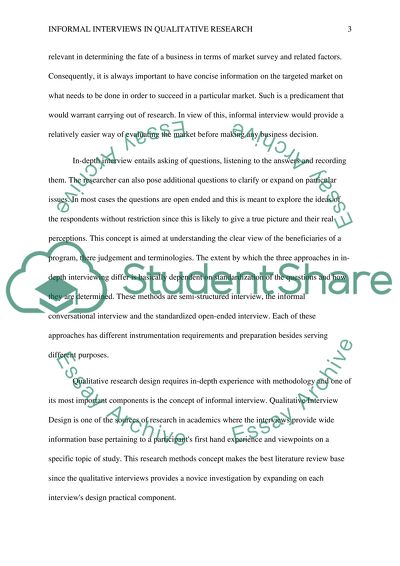Cite this document
(Quantitative Methods of Informal In-Depth Interviewing Coursework, n.d.)
Quantitative Methods of Informal In-Depth Interviewing Coursework. Retrieved from https://studentshare.org/human-resources/1460093-quantitave-methods-informal-in-depth-interviewing
Quantitative Methods of Informal In-Depth Interviewing Coursework. Retrieved from https://studentshare.org/human-resources/1460093-quantitave-methods-informal-in-depth-interviewing
(Quantitative Methods of Informal In-Depth Interviewing Coursework)
Quantitative Methods of Informal In-Depth Interviewing Coursework. https://studentshare.org/human-resources/1460093-quantitave-methods-informal-in-depth-interviewing.
Quantitative Methods of Informal In-Depth Interviewing Coursework. https://studentshare.org/human-resources/1460093-quantitave-methods-informal-in-depth-interviewing.
“Quantitative Methods of Informal In-Depth Interviewing Coursework”, n.d. https://studentshare.org/human-resources/1460093-quantitave-methods-informal-in-depth-interviewing.


